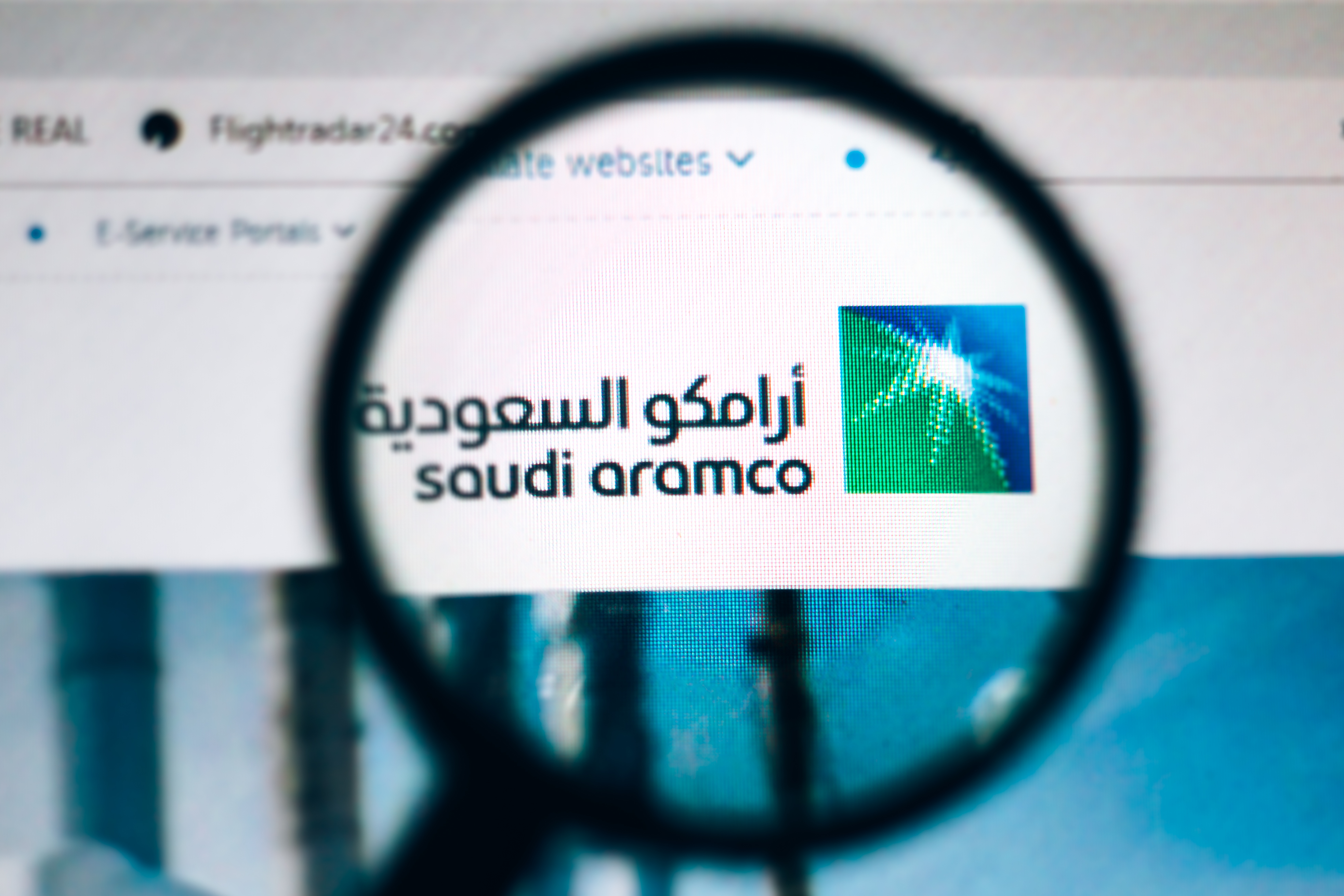

Saudi Aramco’s share price fell to SR34.2 on 8 January, down by about 2.7 per cent from the SR35.15 share price of 2 January, the day before the assassination of Iranian general Qasem Soleimani in Baghdad in a US drone strike. And 10 per cent down from its peak of SR38 on 16 December.
The 8 January price marked the lowest the oil giant's shares had slid to since its market debut on 11 December.
There are two primary factors behind the volatility in the Aramco share price trajectory.
The most obvious is the heightening of regional geopolitical tensions since Soleimani's killing by the US. The second relates to a prolonged period of subdued oil demand in the global energy markets, led by the protracted US-China trade war.
Following the Soleimani killing, global oil prices surged 3 to 4 per cent on fears of war in the region and long-term disruption to Middle East oil supplies. Share prices of international oil companies such as BP, Shell and ExxonMobil also jumped.
The fact that Aramco shares fell when concerns about disruption to oil supplies should have seen them rise confirms that geopolitical issues will be an ongoing and significant factor in the way investors look at not just Saudi Aramco, but all Saudi companies.
Regional exposure
Indeed, that is the way the markets look at all companies with major exposure to the region.
Stock markets fell across the region following the assassination of Soleimani, with Saudi Arabia’s main stock market index, the Tadawul All Shares Index (Tasi), falling 2.4 per cent when it opened on 5 January.
As with the Aramco IPO process, which saw international investors unwilling to accept Riyadh's valuation of Saudi Arabia's national oil company, this is deeply frustrating for Riyadh.
The kingdom rightly has targeted a much higher valuation for its prime national asset, which is the world's biggest producer of oil. But it is almost powerless to control the investment risk that comes from the geopolitics of the region.
In trying to understand the recent movements in Aramco's share price, we must also allow for the fact that Aramco shares were launched for the first time on 11 December.
Immediately following the IPO, Aramco's share price was boosted by a combination of local enthusiasm to invest in the region's most important company, Riyadh's aggressive promotion of the IPO, and by the extension of the Opec+ alliance's production cuts in early December, which lifted oil prices.
But with the structural picture suggesting that an underlying equation of weak crude demand and oversupply of oil is set to continue to impede oil prices in 2020, it was always likely that we would see the Aramco share price fall back from its initial surge.
The Soleimani attack has accelerated that.
You might also like...

Arada awards $167m Masaar construction contracts
16 April 2024
A MEED Subscription...
Subscribe or upgrade your current MEED.com package to support your strategic planning with the MENA region’s best source of business information. Proceed to our online shop below to find out more about the features in each package.







